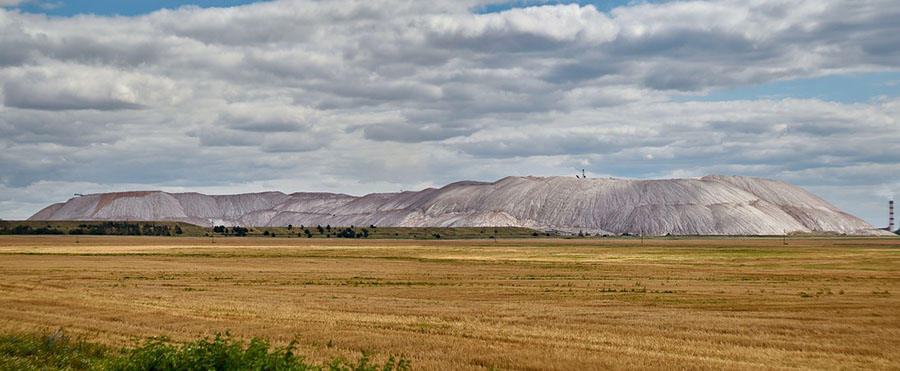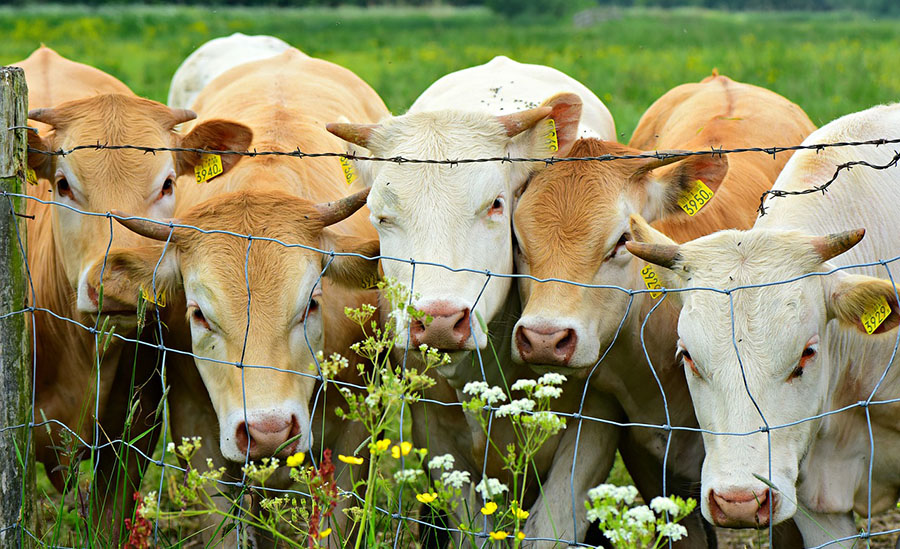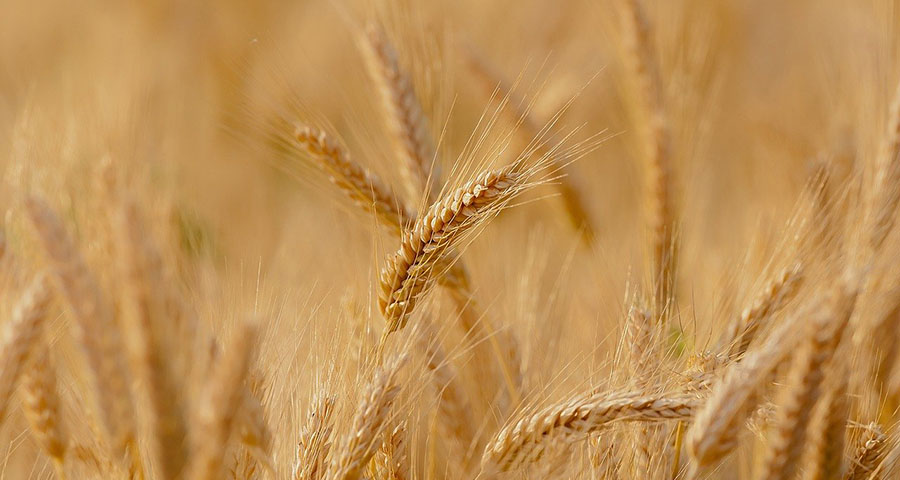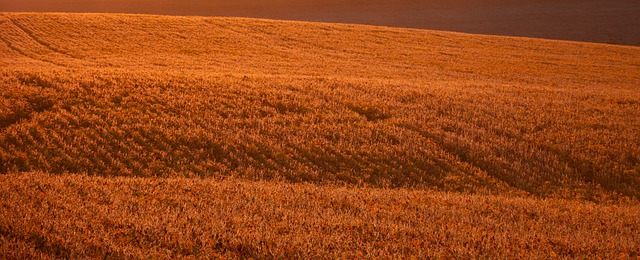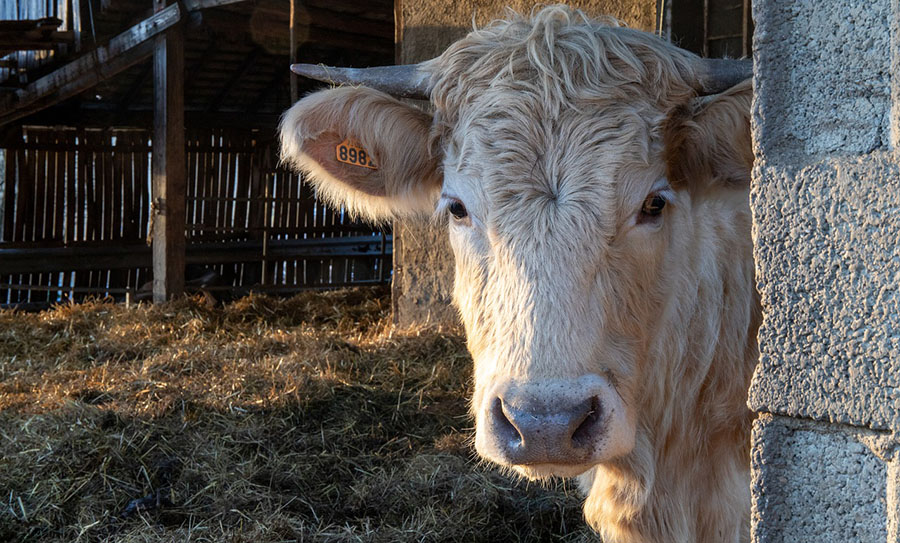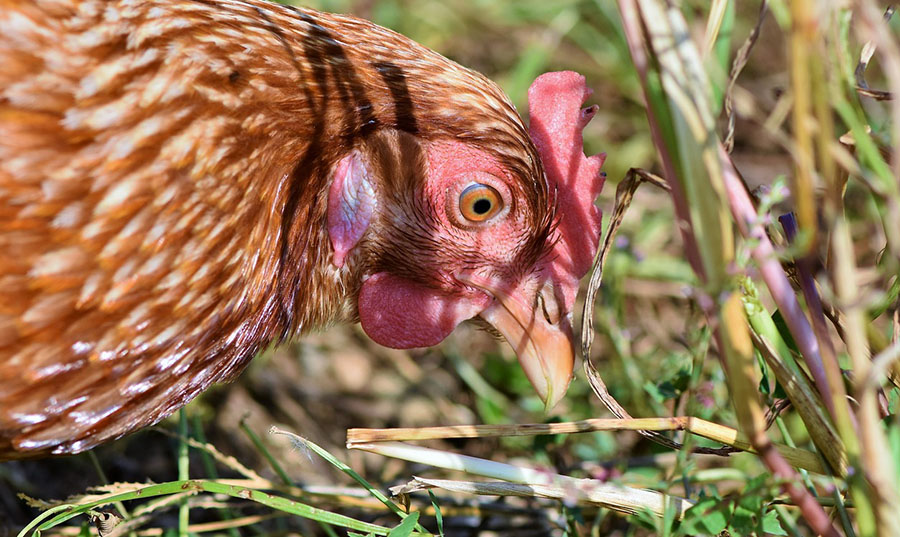EU Potash Firms Warn of Russia, Belarus Fertilizer
Source: Reuters, Juliane von Reppert-Bismarck and Charlie Dunmore (4/11/11)
"Industry officials argue that keeping import duties in place on Russian and Belarusian potash is essential to protect Europe's remaining producers."
Potash producers in Spain, Germany and Britain will ask the European Union executive to keep in place trade barriers to limit rival imports from Belarus and Russia, an industry official said on Friday.
Producers argue that keeping import duties in place on Russian and Belarusian potash rather than letting them expire is essential to protect Europe's remaining producers from unfair export pricing.
Soaring global demand for crops to be used for food and biofuel has made potash fertilizer a sought-after commodity and triggered an international scramble for secure supplies.
The European Commission must decide whether to accept the request and then has up to 15 months to make a decision on extending the duties, which would otherwise expire in July. The tariffs would remain in force while it considered the matter.
Though EU output is dwarfed by mines in Canada, Russia, Brazil and Australia, producers have raised concerns that closing European mines could make the continent dependent on foreign supplies of an essential farm input.
A five-year extension would keep in place the duty-free ceiling and tariffs of up to 27.5% until at least 2016. EU producers say an extension is crucial to prevent a flood of the fertilizer drowning their own production.
EU importers campaigning for an end to the duties say there is no prospect of expanding domestic potash production to meet rising demand, and that maintaining the tariffs would increase input costs for farmers.
"The availability of imports at a fair price is a big, big concern for the farming industry," said John Scollay, managing director of Fintec, which distributes potash from Belarus.
Producers argue that keeping import duties in place on Russian and Belarusian potash rather than letting them expire is essential to protect Europe's remaining producers from unfair export pricing.
Soaring global demand for crops to be used for food and biofuel has made potash fertilizer a sought-after commodity and triggered an international scramble for secure supplies.
The European Commission must decide whether to accept the request and then has up to 15 months to make a decision on extending the duties, which would otherwise expire in July. The tariffs would remain in force while it considered the matter.
Though EU output is dwarfed by mines in Canada, Russia, Brazil and Australia, producers have raised concerns that closing European mines could make the continent dependent on foreign supplies of an essential farm input.
A five-year extension would keep in place the duty-free ceiling and tariffs of up to 27.5% until at least 2016. EU producers say an extension is crucial to prevent a flood of the fertilizer drowning their own production.
EU importers campaigning for an end to the duties say there is no prospect of expanding domestic potash production to meet rising demand, and that maintaining the tariffs would increase input costs for farmers.
"The availability of imports at a fair price is a big, big concern for the farming industry," said John Scollay, managing director of Fintec, which distributes potash from Belarus.



